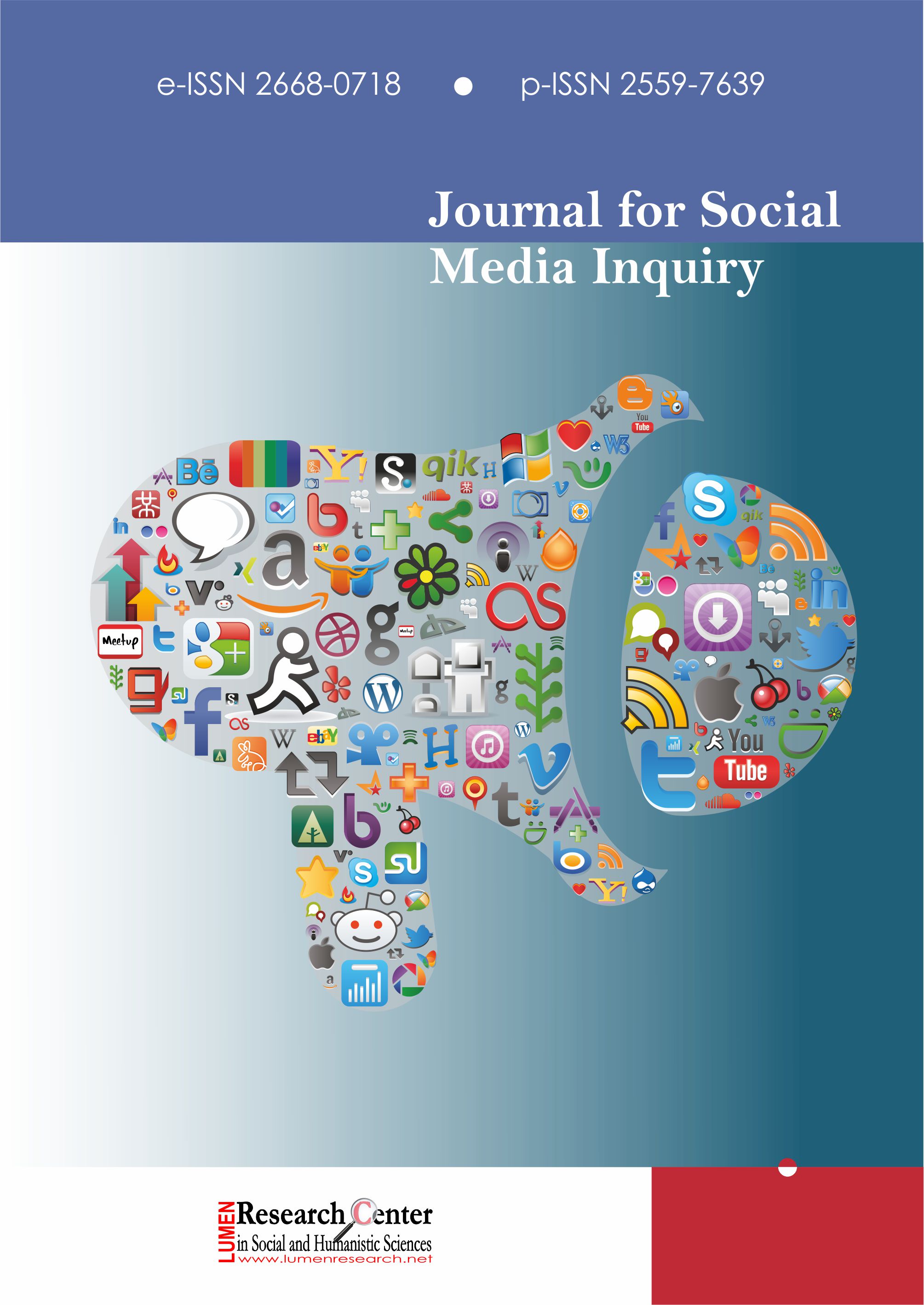The Novelty of the Ethics of Samuel Richardson's Novels through Wittgenstein's Lenses
The Novelty of the Ethics of Samuel Richardson's Novels through Wittgenstein's Lenses
Author(s): Anca Raluca PurcaruSubject(s): Ethics / Practical Philosophy
Published by: Editura Lumen, Asociatia Lumen
Keywords: Samuel Richardson; ethics in novels; the novel Pamela; the novel Clarisa Harlowe;
Summary/Abstract: In the puritan and utilitarian environment of 18th century England, there is a literary trend called sentimentalism, which stands out as an attitude of opposition towards aristocratic morality. The characteristics of the trend are the cult of feelings, the cult of nature (as an unspoiled environment) and the proclamation of puritan morality. The initiator of this trend was Samuel Richardson, who adopts the genre of the epistolary novel and writes Pamela (1740) and Clarissa Harlowe (1747-1748). If the first is based on the theory of rewarded virtue, the second one presents the punishment of vice. Together with other realistic novelists of his century, Richardson wanted to present heroes from the bourgeois world superior to moral representatives of the aristocracy.
Journal: Journal for Social Media Inquiry
- Issue Year: 1/2018
- Issue No: 1
- Page Range: 16-22
- Page Count: 7
- Language: English

